
In today's world, energy storage has become increasingly important. More and more people are turning to renewable sources of energy such as solar, wind, and hydropower to reduce their carbon footprint and save money on their electricity bills. However, these sources of energy are intermittent, meaning they can fluctuate depending on weather conditions or the time of day. This is where energy storage batteries come in. They provide a way to store excess energy generated during off-peak hours and use it during peak demand times.
When it comes to purchasing energy storage batteries, there are a lot of factors to consider. One important factor is certification. Certification ensures that a battery meets certain safety, performance, and environmental standards. In this article, we will discuss the various certifications you should look for when buying energy storage batteries.
UL 1973 Certification
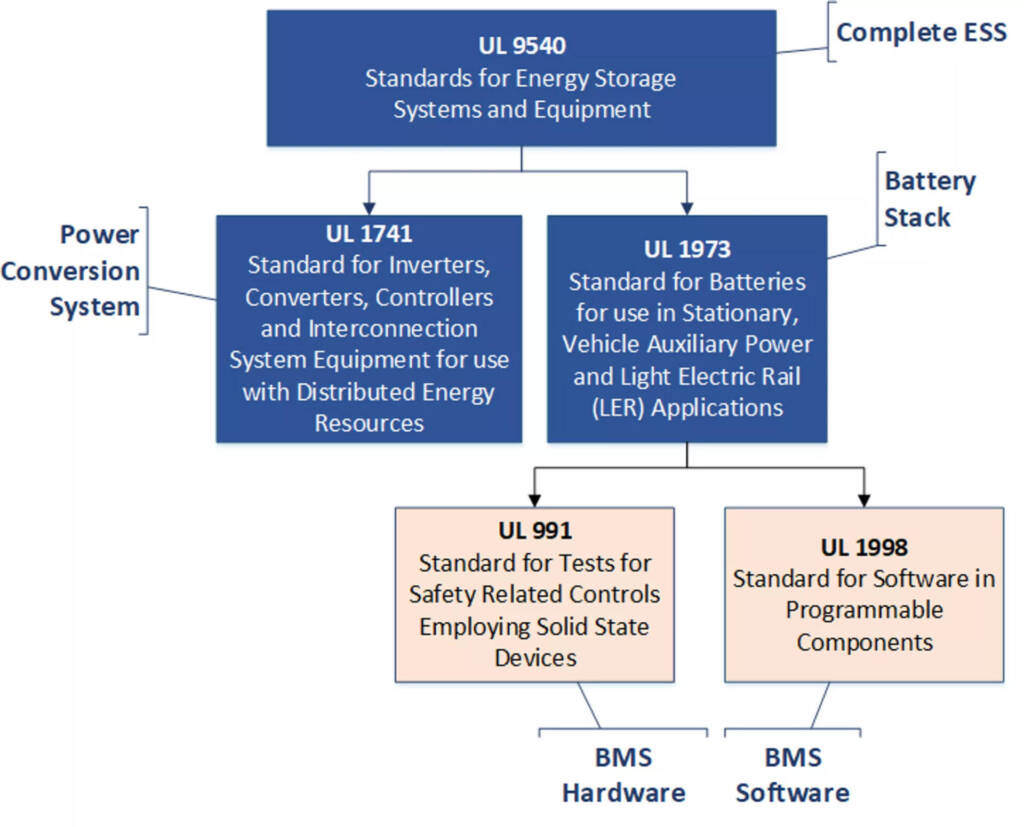
UL (Underwriters Laboratories) is an independent organization that tests and certifies products for safety, performance, and environmental impact. UL 1973 is a standard for stationary batteries that provides requirements and test procedures to evaluate the safety and performance of energy storage systems.
This certification is essential when purchasing energy storage batteries because it ensures that the battery has been tested and proven to meet safety standards. UL 1973 certification includes tests for electrical and mechanical safety, thermal runaway, and environmental impact. Batteries that pass these tests are considered safe and reliable.
IEC 62619 Certification
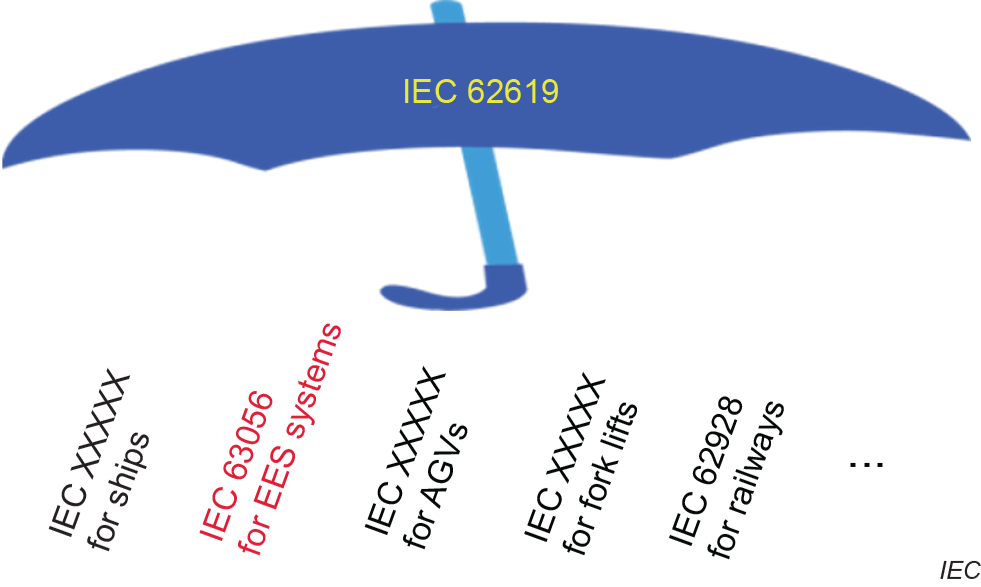
IEC (International Electrotechnical Commission) is an international organization that develops and publishes standards for all electrical, electronic, and related technologies. IEC 62619 is a standard for secondary cells and batteries containing alkaline or other non-acid electrolytes – safety requirements for lithium-ion batteries used for the propulsion power of electric road vehicles.
This certification is important for energy storage batteries because it ensures that the battery meets safety standards for use in electric vehicles. Lithium-ion batteries used in electric vehicles have a higher risk of thermal runaway, which can cause fires and explosions. IEC 62619 certification includes tests for electrical and mechanical safety, thermal stability, and environmental impact. Batteries that pass these tests are considered safe and reliable for use in energy storage systems.
ISO 9001 Certification
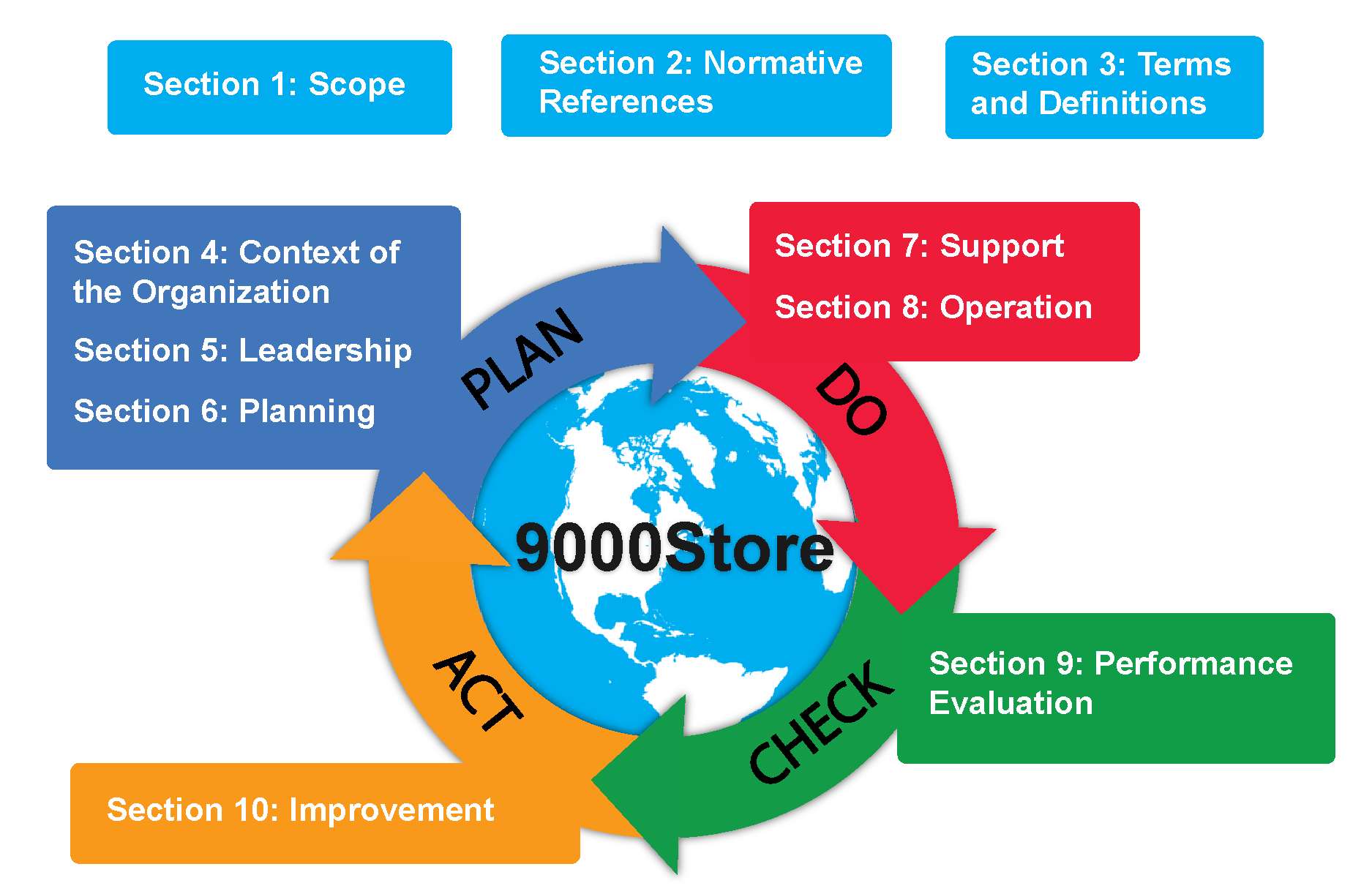
ISO (International Organization for Standardization) is an independent organization that develops and publishes standards for quality management systems. ISO 9001 is a standard that outlines the requirements for a quality management system. It is designed to help organizations ensure that their products and services consistently meet customer requirements and regulatory standards.
This certification is important when purchasing energy storage batteries because it ensures that the manufacturer has established and maintained a quality management system. This means that the manufacturer has processes in place to ensure that their batteries meet customer requirements and regulatory standards. ISO 9001 certification also requires regular audits and reviews to ensure ongoing compliance with the standard.
ISO 14001 Certification
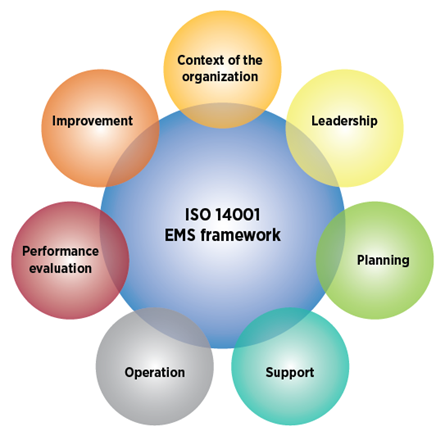
ISO 14001 is a standard that outlines the requirements for an environmental management system. It is designed to help organizations minimize their impact on the environment and comply with environmental regulations.
This certification is important when purchasing energy storage batteries because it ensures that the manufacturer has established and maintained an environmental management system. This means that the manufacturer has processes in place to minimize the environmental impact of their batteries throughout their entire life cycle, from production to disposal. ISO 14001 certification also requires regular audits and reviews to ensure ongoing compliance with the standard.
Energy Storage Association (ESA) Certification
The Energy Storage Association is a trade association that represents companies involved in energy storage, including manufacturers, utilities, developers, and end-users. The ESA has developed a certification program for energy storage systems that ensures they meet certain safety, performance, and environmental standards.
This certification is important when purchasing energy storage batteries because it ensures that the battery has been tested and proven to meet industry standards. ESA certification includes tests for safety, performance, and environmental impact. Batteries that pass these tests are considered safe and reliable for use in energy storage systems.
IEEE 1547 Certification
IEEE (Institute of Electrical and Electronics Engineers) is an international organization that develops and publishes standards for the electrical and electronics industry. IEEE 1547 is a standard for interconnecting distributed resources with electric power systems.
This certification is important for energy storage batteries because it ensures that the battery can safely and reliably connect to the electric grid. IEEE 1547 certification includes tests for voltage regulation, frequency regulation, and anti-islanding (a safety feature that prevents a distributed resource from continuing to power a location when the utility power has been lost). Batteries that pass these tests are considered safe and reliable for use in energy storage systems.
CE Marking
CE marking is a certification mark that indicates conformity with health, safety, and environmental protection standards for products sold within the European Economic Area (EEA). The CE marking is required by law for all products sold within the EEA.
This certification is important when purchasing energy storage batteries if you plan to use them in the EEA. CE marking ensures that the battery meets certain safety and environmental protection standards established by the European Union. Batteries that have the CE marking are considered safe and reliable for use in energy storage systems in the EEA.
CSA Certification
CSA (Canadian Standards Association) is a nonprofit organization that creates standards and provides testing and certification services for a wide range of products. CSA certification ensures that a product complies with Canadian laws and regulations and meets industry standards for safety, performance, and environmental impact.
This certification is important for energy storage batteries if you plan to use them in Canada. CSA certification includes tests for electrical and mechanical safety, thermal stability, and environmental impact. Batteries that pass these tests are considered safe and reliable for use in energy storage systems in Canada.
TUV Certification
TUV (Technischer Überwachungsverein) is a German organization that provides testing and certification services for products and systems in various industries. TUV certification ensures that a product meets certain safety, performance, and environmental standards.
This certification is important when purchasing energy storage batteries because it ensures that the battery has been tested and proven to meet industry standards for safety, performance, and environmental impact. TUV certification includes tests for electrical and mechanical safety, thermal stability, and environmental impact. Batteries that pass these tests are considered safe and reliable for use in energy storage systems.
Conclusion
In conclusion, purchasing energy storage batteries can be a complex process, but certification can provide assurance that the battery meets important safety, performance, and environmental standards. When considering which certifications to look for, it is important to consider your specific needs and requirements. However, UL 1973, IEC 62619, ISO 9001, ISO 14001, CE and UL 9540A certifications are all important certifications to consider when purchasing energy storage batteries. By choosing batteries with these certifications, you can ensure that you are investing in safe, reliable, and environmentally friendly energy storage solutions.
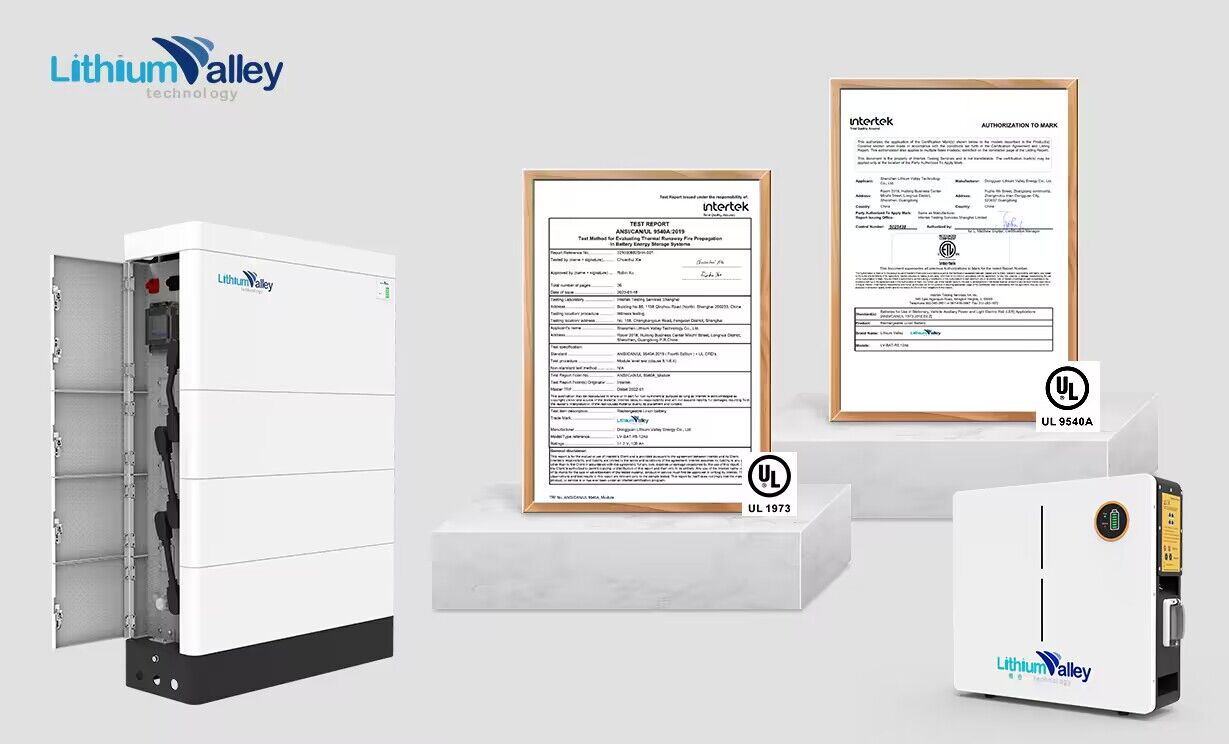
Thank you for reading our article on energy storage batteries and certifications. At Lithium Valley, we are committed to providing high-quality, high-performance, and reliable energy storage solutions that meet the highest safety and environmental standards. Our products have been certified by UL, IEC, ISO, ESA, TUV, and other organizations, ensuring that they meet customer requirements and comply with regulatory standards.
In energy storage technology, Lithium Valley has a team of experienced experts who work tirelessly to develop cutting-edge solutions that help customers reduce their carbon footprint and save money on their electricity bills. We offer a wide range of energy storage products and services that cater to the needs of residential, commercial, and industrial customers.
If you are looking for a trustworthy and reliable energy storage solution provider, look no further than Lithium Valley. Contact us today to learn more about our products and services or to request a quote.
- 3C batteries (1)
- 48C Advanced Energy Project Credits (1)
- ActiveBalancing (1)
- Advanced Storage Solutions (1)
- advanced technologies (1)
- African market (1)
- AI Algorithms (1)
- AI in Energy Storage (1)
- air conditioning (1)
- All-in-One Energy Storage (1)
- American electricity market (1)
- ancillary services market (1)
- application scenarios (2)
- Arnstadt (1)
- automotive industry (1)
- backup generators (1)
- Backup power (1)
- batteries (2)
- Battery Discharge (1)
- Battery Energy Storage (1)
- Battery Energy Storage Systems (1)
- Battery Energy Storage Systems (BESS) (1)
- battery factory (1)
- battery industry event (1)
- battery management system (3)
- battery management systems (1)
- battery market (1)
- battery materials (1)
- battery pack (1)
- Battery Storage Safety (1)
- Battery technologies (1)
- battery technology advancements (1)
- battery type (1)
- BatteryLongevity (1)
- BatteryManagementSystem (1)
- BatterySafety (1)
- BatteryTechnology (1)
- BESS (1)
- Birmingham Exhibition (1)
- BMSArchitecture (1)
- Brazil energy storage (1)
- Burkina Faso (1)
- Capacity (1)
- capacity rule (1)
- carbon management (1)
- carbon neutrality goals (1)
- CATL (1)
- CE marking (1)
- certification (1)
- certifications (1)
- Charge Current (1)
- Charge/Discharge Rate (1)
- Chemical Storage (1)
- China electricity market (1)
- China International Battery Fair (1)
- CIBF 2023 (1)
- Clean energy (6)
- clean energy incentives (1)
- Clean Energy Revolution (1)
- clean energy solutions (1)
- Climate Goals (1)
- Climate Legislation (1)
- Commercial (1)
- Commercial Energy Storage (2)
- CompleteCurrentControl (1)
- Compressed Air Energy Storage (CAES) (1)
- consumer batteries (1)
- Containerized Energy Storage (1)
- Continuous Discharge Duration (1)
- conversion efficiency (1)
- Cooperation (1)
- cost composition (1)
- cost parity (1)
- cost reduction (1)
- Cost-effective storage (1)
- critical power (2)
- CSA certification (1)
- Customized Energy Storage (1)
- DC bus voltage (1)
- Decarbonization (1)
- Decarbonized future (1)
- Demand Forecasting (1)
- Department of Energy (1)
- DesignConsiderations (1)
- development strategies (1)
- Direct Pay (1)
- Discharge Current (1)
- discharge curve (1)
- Distributed Energy (1)
- Dongguan Lithium Valley (2)
- dual carbon goal (1)
- Dubai World Trade Center (1)
- efficient energy storage (1)
- Electric Vehicle Charging (1)
- Electric Vehicles (2)
- Electricity Costs (1)
- Electricity Infrastructure Operations Center (1)
- electricity market (1)
- electricity price mechanism (1)
- electricity prices (1)
- electricity supply (1)
- electrochemical energy storage (1)
- Electrochemical Storage (1)
- Energy Certification (1)
- Energy Community Adder (2)
- energy companies (1)
- energy consumption (1)
- energy consumption management (1)
- energy crisis (1)
- Energy Demand (1)
- Energy Demands (1)
- energy density (2)
- energy distribution (1)
- Energy Efficiency (1)
- energy industry (1)
- Energy Industry Solutions (1)
- energy investment (1)
- Energy Landscape (1)
- Energy Management System (3)
- energy management systems (1)
- energy professionals (1)
- energy sector (1)
- energy solutions (2)
- Energy storage (16)
- Energy Storage Batteries (3)
- Energy storage battery business (1)
- Energy Storage Battery Industry (1)
- Energy Storage Battery Technology (1)
- energy storage business model (1)
- Energy Storage Cabinets (1)
- energy storage capacity (1)
- Energy Storage Certification (1)
- Energy Storage Challenges (1)
- energy storage components (1)
- energy storage converters (1)
- energy storage equipment (1)
- Energy Storage Incident (1)
- energy storage industry (4)
- energy storage market (1)
- Energy Storage Products (1)
- energy storage profitability (1)
- energy storage projects (1)
- Energy storage research (1)
- Energy Storage Solution (2)
- Energy Storage Solutions (4)
- Energy Storage System (3)
- energy storage system solutions (1)
- Energy Storage Systems (5)
- Energy Storage Technologies (2)
- Energy Supplies (1)
- Energy Supply Challenges (1)
- Energy Transition (1)
- energy trends (1)
- EnergyEfficiency (1)
- EnergyStorage (1)
- Environmental Innovation (1)
- environmental sustainability (1)
- ESS chain (1)
- EU countries (1)
- European battery factory (1)
- European electricity market (1)
- European Market (1)
- European Solar Market (1)
- Exhibitors (1)
- Extended Tax Credits (1)
- field study (1)
- financing options (1)
- fire protection systems (1)
- Flexibility (2)
- Flow batteries (2)
- Flywheel Energy Storage (1)
- Fossil Fuel Emissions (1)
- fossil fuels (1)
- generation side (1)
- Germany (2)
- Gigawatts (1)
- Global Carbon Emissions (1)
- global energy storage (1)
- global market share (1)
- global power batteries (1)
- government officials (1)
- Government Support (1)
- granular silicon (1)
- Green Energy Initiatives (1)
- Green Living (1)
- Green Technology (2)
- Greenhouse Gas Emission Verification (1)
- grid (1)
- Grid reliability (2)
- grid resilience (1)
- grid side (1)
- Grid Stability (3)
- Grid Storage Launchpad (1)
- grid voltage (1)
- grid-connected (1)
- Guide (1)
- high-voltage battery (1)
- higher discharge rate (1)
- Home Energy Storage (3)
- Home Energy Storage Benefits (1)
- household energy storage (2)
- hydropower (1)
- I&C energy storage (1)
- IEC 62619 (2)
- IEEE 1547 (1)
- inductive loads (1)
- Industrial (1)
- industrial and commercial energy storage (1)
- industrial and commercial track (1)
- Industrial Energy Storage (6)
- Industry Trends (1)
- IndustryStandards (1)
- Inflation Reduction Act (1)
- Inflation Reduction Act (IRA) (1)
- installed energy storage (1)
- integrated energy storage cabinet (1)
- integration (1)
- intelligent solutions (1)
- Intermittency (1)
- International Energy Agency (1)
- International Energy Agency (IEA) (1)
- International Energy Storage Exhibition (1)
- Intersolar (1)
- Intersolar Europe 2023 (1)
- Intersolar Middle East (1)
- Intertek (1)
- inverter (2)
- inverter power (1)
- Investment (1)
- Investment Tax Credits (1)
- ISO 14001 (1)
- ISO 9001 (1)
- ITC (1)
- Johannesburg (1)
- large size silicon (1)
- large-scale energy storage (1)
- Leveraging Solar Power (1)
- life cycles (1)
- LiFePO4 batteries (1)
- lithium batteries (1)
- lithium iron phosphate batteries (2)
- Lithium Prices (1)
- Lithium Valley (14)
- Lithium Valley Products (1)
- Lithium Valley Technology (1)
- Lithium-ion alternatives (1)
- Lithium-Ion Batteries (3)
- lithium-ion battery cells (1)
- lithium-ion voltage (1)
- load capacity (1)
- Long Beach California (1)
- Long Duration Energy Storage (1)
- Long-duration storage (2)
- Low-carbon Future (1)
- low-voltage battery (1)
- LS Energy Solutions (1)
- M&A project (1)
- manufacturing equipment (1)
- Market Opportunities (1)
- market-oriented (1)
- Mechanical Storage (1)
- MEE (1)
- merger agreement (1)
- Microgrids and Distributed Energy (1)
- Middle East Energy Summit (1)
- Mobile Energy Storage (1)
- Multiple-MPPT (1)
- Na+ battery (1)
- Net Zero Emissions (2)
- Netherlands (1)
- new energy battery technology (1)
- Next-generation batteries (1)
- North America (1)
- NREL (1)
- off-grid (1)
- oil and gas (1)
- operating efficiency (1)
- optical storage (1)
- Pacific Northwest National Laboratory (1)
- PassiveBalancing (1)
- Peak Times (1)
- peak-valley price difference (1)
- Photovoltaic (PV) Solar Power (1)
- photovoltaic components (1)
- photovoltaic installations (1)
- plug-and-play (1)
- policy certainty (1)
- polysilicon (1)
- power batteries (1)
- power battery company (1)
- power battery developments (1)
- power conversion system (1)
- power density (1)
- Power Generation (2)
- power match (1)
- power supply (1)
- power system (1)
- power systems (1)
- power transmission (1)
- Power/Energy (1)
- Predictive Analytics (1)
- Product Carbon Footprint Certificate (1)
- product line (1)
- product upgrades (1)
- production capacity (2)
- production process (1)
- profit model (1)
- Pumped Hydro Storage (1)
- quality management system (1)
- R&D team (1)
- raw materials (1)
- regional energy transformation (1)
- Reliability testing (1)
- Reliable Power Supply (1)
- renewable energy (18)
- renewable energy capacity (1)
- Renewable Energy Industry (1)
- Renewable energy integration (2)
- renewable energy investment (1)
- renewable energy policies (1)
- renewable energy production (1)
- Renewable Energy Revolution (1)
- Renewable Energy Solutions (1)
- renewable energy sources (1)
- Renewable Energy Storage (1)
- RenewableEnergy (1)
- renewables sector (1)
- Residential & Commercial Energy Storage (1)
- residential energy storage (2)
- rural energy storage (1)
- safer energy storage (1)
- Sandton Convention Centre (1)
- Scalability (1)
- service life (1)
- shadow scan function (1)
- signing ceremony (1)
- silicon materials (1)
- silicon wafers (1)
- single-cluster battery management (1)
- Single-MPPT (1)
- smarter energy storage (1)
- SNEC Exhibition (1)
- Sodium-ion batteries (1)
- Sodium-ion Battery (1)
- Solar & Storage Live 2023 (1)
- Solar Capacity (1)
- solar cells (1)
- Solar Energy (2)
- Solar Energy Industry (2)
- solar energy products (1)
- solar energy storage (1)
- Solar Energy Technologies (1)
- Solar Generation (1)
- Solar Installations (1)
- solar integration (1)
- solar modules (1)
- solar panel energy storage (1)
- solar power (2)
- Solar PV (1)
- Solar Show Africa 2023 (1)
- Solar Sustainability (1)
- solar trends (1)
- Solar-Plus-Storage Integration (1)
- Solid-State Batteries (1)
- South African Minister of Energy (1)
- Stacked High-Voltage Battery (1)
- standardization (1)
- StateEstimation (1)
- Storage Installations (1)
- Storage Ratio (1)
- Storage Systems (1)
- Strategy Director (1)
- SUMEC (1)
- Supplier Conference (1)
- supply chain cost (1)
- Supply Chain Traceability (1)
- surge power (1)
- Surplus Energy (1)
- Sustainability (1)
- Sustainable Development (1)
- Sustainable Energy (2)
- Sustainable Future (1)
- Sustainable Power Grid (1)
- sustainable power solutions (1)
- Sustainable Practices (1)
- Sustainable Technology (1)
- SustainableEnergy (1)
- system structure (1)
- TD (1)
- technical components (1)
- Technological Innovation (2)
- technology exchange (1)
- Temporary Power Solutions (1)
- ternary lithium batteries (1)
- Thermal Storage (1)
- Thuringia (1)
- Transferability (1)
- transparent reporting (1)
- TUV certification (1)
- Types of Energy Storage Systems (1)
- UK (1)
- UK Legislation (1)
- UL 1973 (2)
- UL 9540A (1)
- US Federal Government (1)
- US manufacturers (1)
- US public investments (1)
- user side (1)
- Utilities (1)
- voltage match (1)
- wholesale market (1)
- Wind Capacity (1)
- Wind Energy (1)
- Wind Generation (1)
- Wind Installations (1)
- wind power (1)
- winter energy demand (1)
- Zero Emissions (1)
- Zonsen Power (1)
- ZZonsen Power (1)

